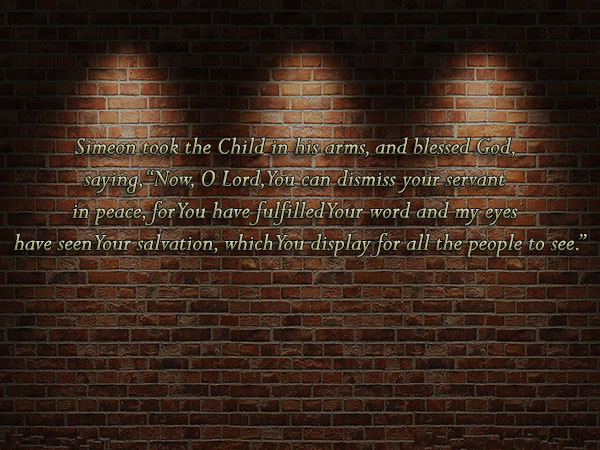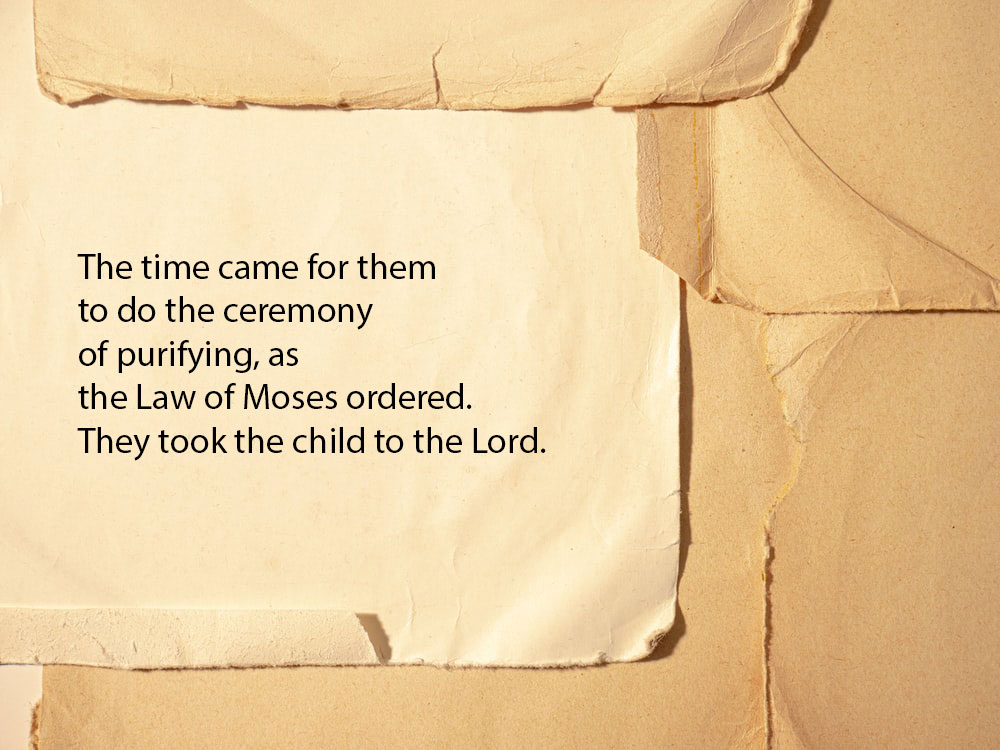Jn 6:1-15
After this Jesus went to the other side of the Sea of Galilee, near Tiberias, and large crowds followed him because of the miraculous signs they saw when he healed the sick. So he went up into the hills and sat down there with his disciples. Now the Passover, the feast of the Jews, was at hand.
Then lifting up his eyes, Jesus saw the crowds that were coming to him and said to Philip, “Where shall we buy bread so that these people may eat?” He said this to test Philip, for he himself knew what he was going to do. Philip answered him, “Two hundred silver coins would not buy enough bread for each of them to have a piece.”
Then one of Jesus’ disciples, Andrew, Simon Peter’s brother, said, “There is a boy here who has five barley loaves and two fish; but what good are these for so many?”
Jesus said, “Make the people sit down.” There was plenty of grass there so the people, about five thousand men, sat down. Jesus then took the loaves, gave thanks and distributed them to those who were seated. He did the same with the fish and gave them as much as they wanted. And when they had eaten enough, he told his disciples, “Gather up the pieces left over, that nothing may be lost.”
So they gathered them up and filled twelve baskets with bread, that is with pieces of the five barley loaves left over by those who had eaten.
When the people saw the miracle which Jesus had performed, they said, “This is really the Prophet, the one who is to come into the world.” Jesus realized that they would come and take him by force to make him king; so he fled to the hills by himself.
REFLECTION
READ: Jesus worried about the food the people were going to eat. A little boy presented his meager provision which Jesus miraculously multiplied to provide for everyone’s needs and with plenty of leftovers besides. The people were so overwhelmed that they were ready to make Jesus their king by force. Jesus fled by Himself to escape.
REFLECT: If we respond to people’s needs and desires, they will naturally have a feeling of affinity and closeness to us. They might admire us, think of us as God’s answer to their prayers, or their way out from their undesirable situation now. We become the avatar of the heroes they longed to come to save them. This admiration and praise is healthy or unhealthy depending on who receives it. Jesus had His share of such hero worship. This gospel episode is but a snapshot of the countless other times that people were ready to use force in order to place Jesus as their head and leader. But He would not nor would He ever. He remained true to His fundamental mission in life. No matter how alluring the alternatives were, He kept true to His purpose. Such extraordinary strength of will is much more admirable than the countless miracles He performed in His life time. What is truly awesome is how He conquered Himself.
RESPOND: How do I respond to praise and admiration? Do I have the graciousness to thank those who praise and admire me, and at the same time the humility to understand that I am nothing but an instrument of God’s wonderful love to His people? And because of this, all praise and admiration must point back to God, the source of all the good I am capable of.
PRAY: Father, make me ever ready to do good to others, and if this results in something wonderful, may I have the grace to handle it in ways that will bring You greater glory the way Jesus always did. I ask this in the mighty name of Your Son, Amen.
CLARETIAN COMMUNICATIONS FOUNDATION, INC.
8 Mayumi Street, U.P. Village, Diliman, 1101 Quezon City, Philippines
Tel.: (02) 921-3984 • 922-00-11 • 921-28-59 Fax: (02) 921-6205, 927-7429
Bookstore: (02) 924-6835
Email: ccfi@claretianpublications.com / cci@claret.org
Website: www.claretianpublications.com






